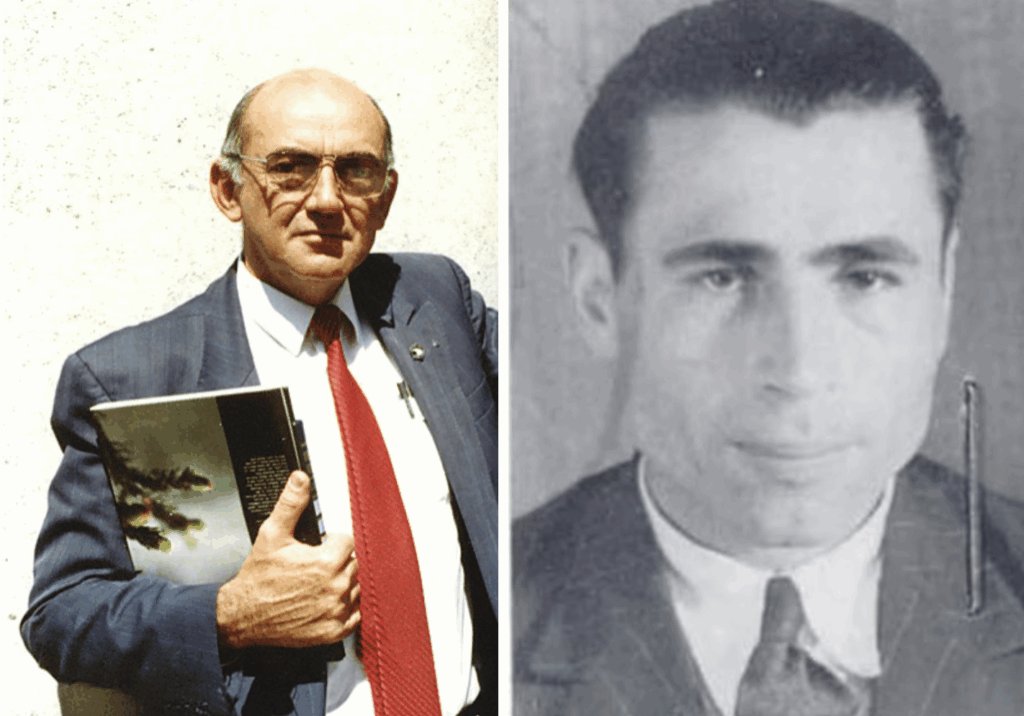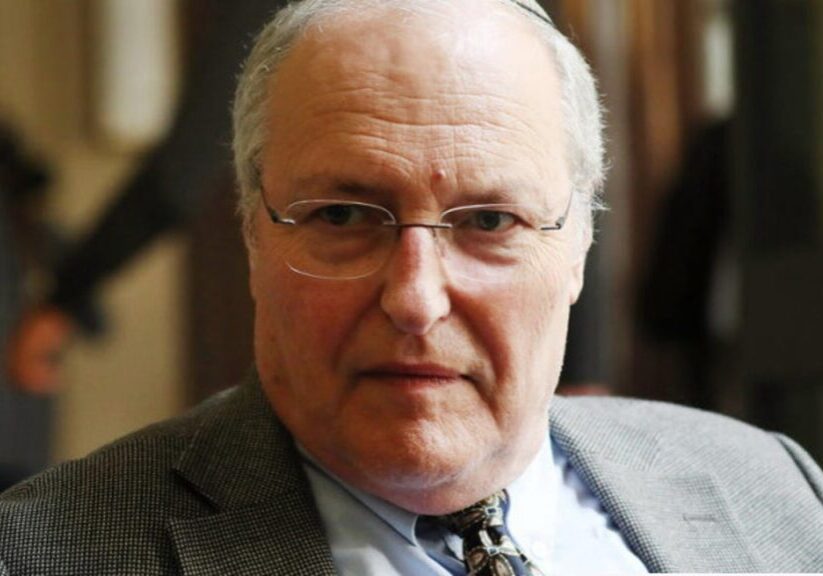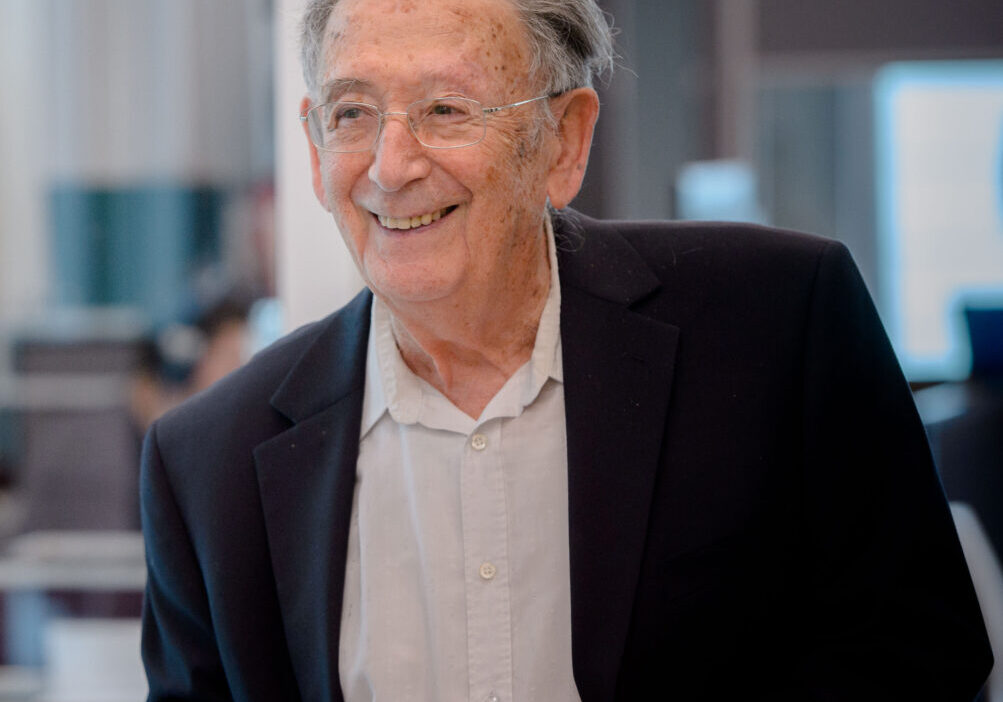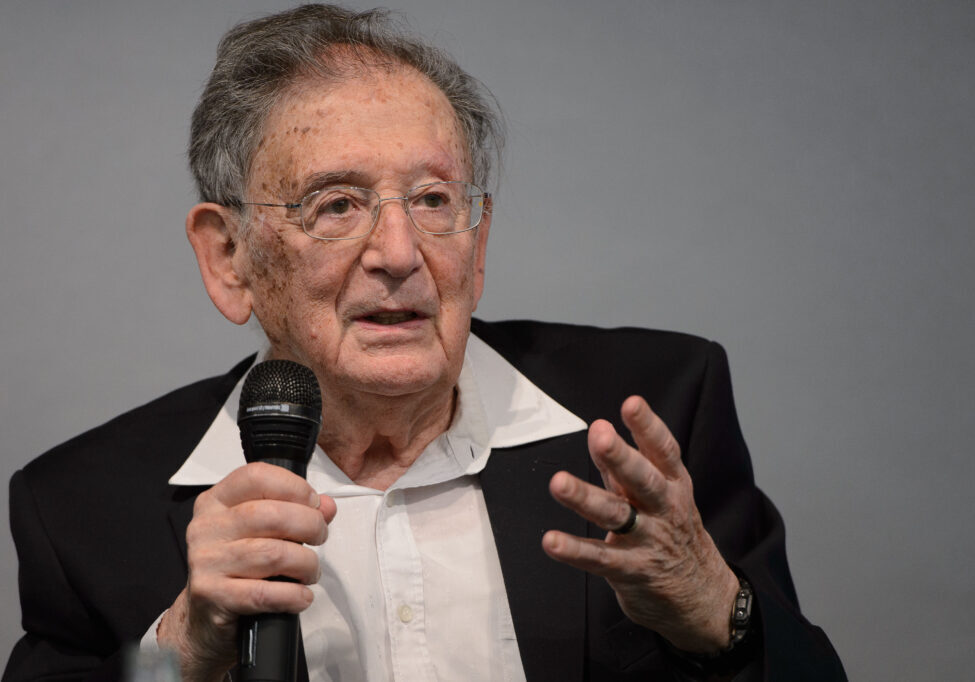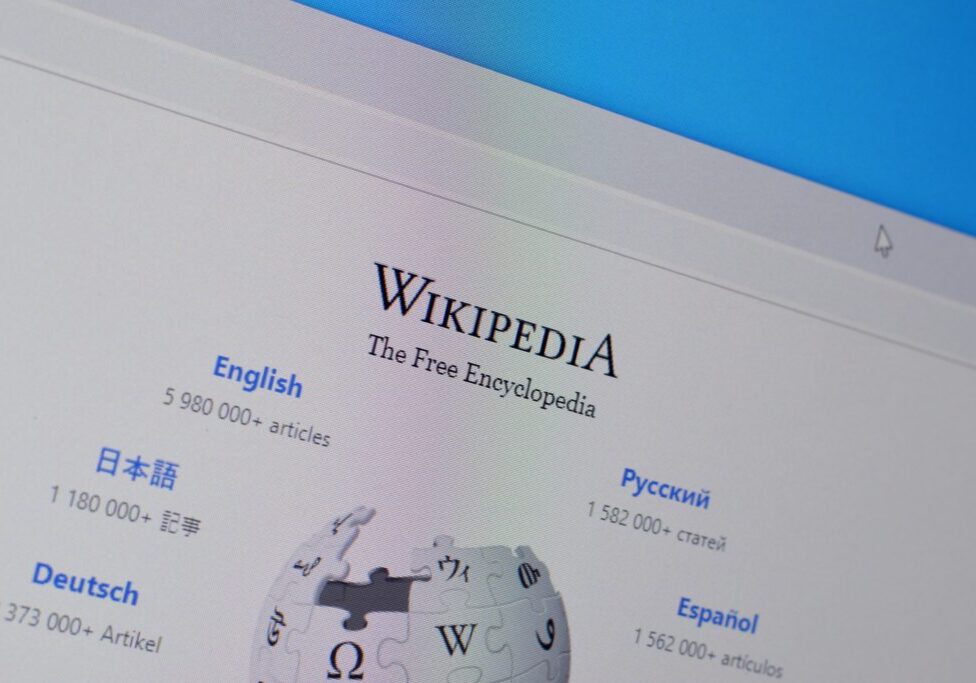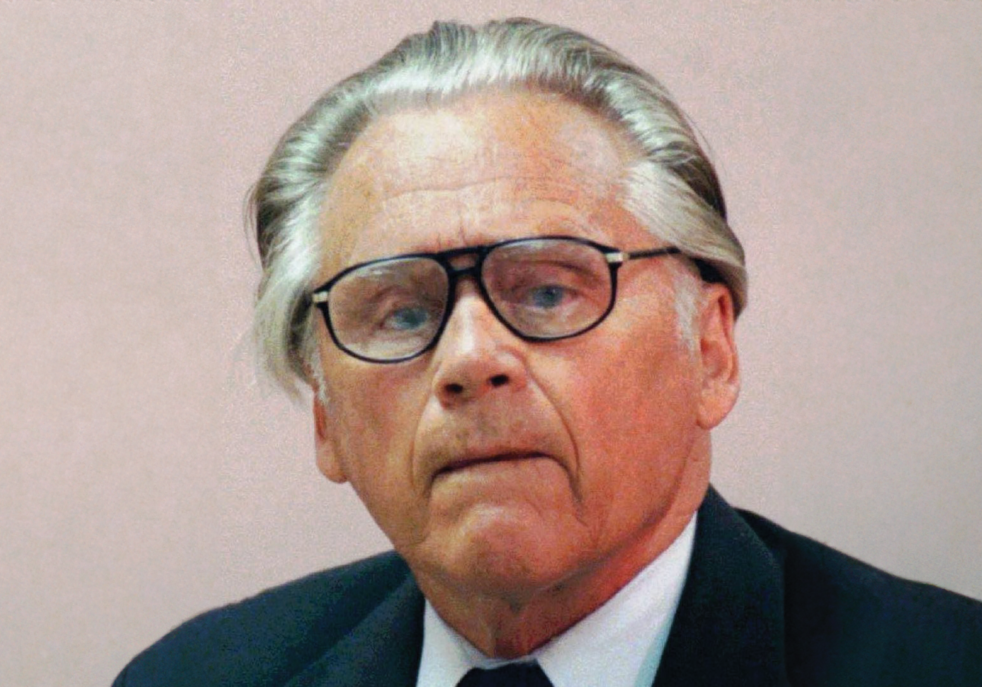Australia/Israel Review
Scribblings: Israel and the Shoah
Apr 26, 2012 | Tzvi Fleischer

Tzvi Fleischer
Debate about Israel often leads back to the Shoah, the World War II Nazi Holocaust. The Holocaust is of course a constant background for many Jews both in Israel and out – an horrific presence, but also an important source of shared experience, and nation building, as well as the ultimate argument for the belief that Jews need self-determination in their own state, i.e. Zionism.
But the Shoah is also increasingly being invoked by Israel’s critics.
The ugliest manifestation of this is the claim that Israel’s behaviour toward the Palestinians is somehow akin to what the Nazis did to the Jews. Polls show this belief is quite widespread in Europe – never mind the Arab world – even though it is of course factually absurd, deliberately designed to provoke and hurt, and demonstrates an inability to make the most basic moral distinctions. Simple demographic data is all that is needed to make this clear. The total number of Jews in the world declined by six million between 1939 and 1945. Palestinian numbers, on the other hand, have risen by at least three million between 1968 and 2010 – including steep rises in all territories under Israel’s control. On the basis of these numbers alone, anyone who says that Israel is “doing to the Palestinians what the Nazis did to the Jews” should be immediately jeered out of any serious debate.
However, another argument based on the Holocaust appears to be becoming extremely widespread among the more passionate advocates of the Palestinian cause – namely that the Palestinians, too, are victims of the Holocaust. Israeli Knesset member Einat Wilf described this narrative well in a piece on the American website “The Daily Beast” (April 17):
In this tale, after World War II, when it became clear that the Final Solution was not final and the Jewish survivors could not be expected or welcomed to stay in Europe the Europeans decided to ‘dump’ the surviving Jews on unsuspecting Arabs who were living in an area that colonial Europe controlled.
This convenient solution for Europe resulted in the displacement of hundreds of thousands of Palestinians who have been homeless and occupied ever since. Ergo, the Palestinians are the secondary and still uncompensated victims of Europe’s crimes against the Jews.
This claim is almost as absurd – most importantly because the idea that Israel’s existence is the result of the Shoah is completely fraudulent and ahistorical. The international community in the form of the League of Nations set up the British mandate in Palestine with the explicit goal to provide a Jewish national home in 1922, following up a similar demand in the San Remo treaty of 1920 – both more than a decade before Hitler came on the scene.
Moreover, the core institutions of the Israeli state – in terms of government, the economy, social services, labour movement, civil society – were already in place by the late 1930s, built under the rubric of the pre-state “Yishuv” over the previous two decades. As the London Times noted in an editorial on the UN Partition Plan published on Dec. 1, 1947, with respect to establishing a Jewish state, the plan was “mere recognition of accomplished fact – the presence in Palestine of a compact, well organised, and virtually autonomous Jewish community.”
As Wilf noted, even the timing of Israel’s establishment was not particularly connected to the Holocaust:
Israel came into being after World War II not ‘thanks’ to the Holocaust, but thanks to Britain’s imperial dissolution. Just as India and Pakistan required no Holocaust to attain their independence and come into being, so too Israel. To think that only the act of absolute evil against the Jews could legitimate a state for the Jews is to deny the Jews what is taken for granted for all others.
Moreover, without the Arab determination to oppose violently any Jewish state in 1948, no Palestinian would have been displaced as a result of Israel’s establishment, and a Palestinian state should have been established under the UN Partition Plan. Furthermore, the truth is that if you look at the history of the region in the 1930s and 1940s, it is very hard to make the case that a Palestinian state would have developed if the Zionists had never sought a Jewish homeland in the region. It appears much more likely that Egypt, Syria, or Jordan would have absorbed or divided the area – which was not generally known as “Palestine” or viewed as a distinct region amongst Middle Easterners until after World War I.
In other words, it is not only untrue that Israel’s establishment prevented the creation of a Palestinian state (nothing Israel did prevented its creation in the West Bank and Gaza in 1948) – it is also likely that it is only the establishment of Israel that has made its future creation possible.
But returning to the Shoah and Israel, Wilf makes one more important point. Israel was not established because of the Shoah – but its existence might have prevented the Shoah, if not for British restrictions on immigration as a result of Arab rejectionism:
…if it were not for Arab resistance and Britain’s betrayal and submission to Arab pressures, the Holocaust as such might not have taken place. Jews would have been able to escape Europe to their ancient homeland in what was already a widely supported embryonic state… at a time when Hitler was still willing to let the Jewish people go… In remembering the Holocaust, Israel mourns not only all that was and still is lost, but Zionism’s greatest tragedy and failure…. Zionism sought a state for the Jews not so that “never again”. Zionism sought a state for the Jews so that never at all.
Tags: Holocaust/ War Crimes

